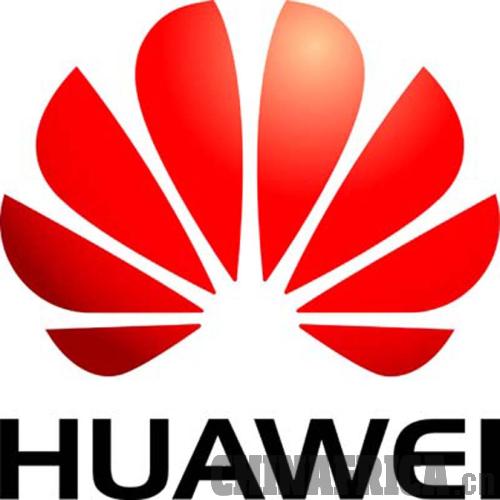| 
For a young man, Shi Weiliang, 29, General Manager of Huawei Technologies' Cameroon branch, gives off a strong sense of leadership. Not much older than the local recruits he interviews, Shi and his team have accomplished many milestones in this west Central African country. They have also proved to the local employees that with hard work and commitment, anything is possible and everyone stands an equal chance of success.
Established in 1988 in Shenzhen, Guangdong Province, Huawei is a private technology company manufacturing telecommunications equipment that provides maintenance services and solutions in the field. In 2009, Huawei's sales volume reached $21.82 billion, and it became the second private Chinese technology company, and currently the only unlisted company, in the Fortune Global 500 list. As of 2010, the company became the world's second largest telecommunications equipment supplier, second only to Sweden's Ericsson.
It's therefore not surprising that since entering Cameroon in 2005, Huawei has become the dominant equipment supplier for the country's telecommunications market. Last year, its contract value in Cameroon topped $100 million. Huawei now collaborates with several local telecommunications service providers, such as Cameroon Telecom, Orange and MTN, on a variety of products and its operation has benefited consumers by dropping the fixed phone fee from $0.64 to $0.21 per minute over a five-year period.
Customer satisfaction
Shi, who holds an MBA, joined Huawei in 2006 after returning to China from studies in France, and soon found himself on the way to Africa. Over five years, he and his 150-strong team, whose average age is only 30, have developed Huawei into the top equipment supplier in Cameroon.
Shi said the company's success could be put down to several factors. "First of all, the government's support of technology companies has created valuable opportunities for us," he said. In the past, when people mentioned China, shoes and clothes were the first things that came to a foreigner's mind, Shi noted, adding that thanks to favorable policies the government has introduced for the hi-tech industry, companies like Huawei are growing rapidly.
But he admits that government support alone is not enough to bring success. Good service plays a vital role in the development of a technology company and although they faced strong competition in West Africa from companies like Ericsson and Alcatel, Huawei occupies a large market share. "The main reason is that we are customer-oriented and have a better understanding of what local customers want, and react more quickly to that," said Shi.
At the Huawei Cameroon branch, formal working hours start at 8 a.m. and end at 6 p.m., with a two-hour break at noon. However, Shi and his Chinese colleagues have formed a routine of having a review meeting at 7 p.m. every day. "There are only 24 hours in the day. If we don't work harder, we cannot keep ahead of our competitors," Shi explained. "We do many things that other companies can't. For example, we go into desert areas and use cattle to transport equipment and install it under the scorching sun, and a female employee of our Côte d'Ivoire office even took an armored vehicle and braved war to fix one customer's equipment. We win clients' trust with our dedicated service."
|